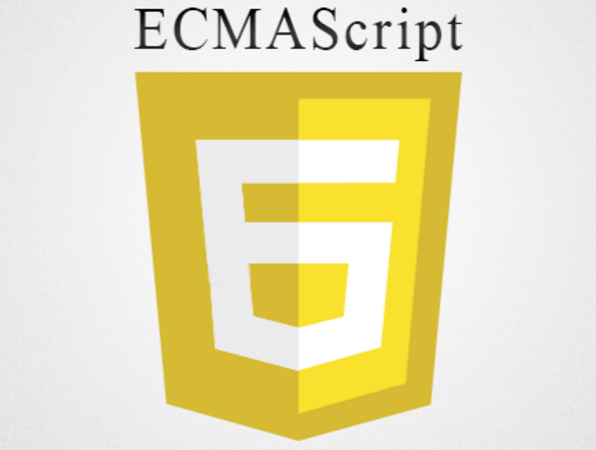
Template Strings
ES5에서 문자열을 변수, 함수와 함께 쓰고자 할 때 +기호를 씁니다.
1 2 3 4 5 6 7 8 9 10
| let firstName = 'John'; let lastName = 'Smith'; const yearOfBirth = 1990; function calcAge(year) { return 2017 - year; } // ES5 console.log('This is ' + firstName + ' '+ lastName +'. He was born in ' + yearOfBirth + '. Today, he is ' + calcAge(yearOfBirth) + ' years old.');
|
이처럼 때로는 번거롭게 코딩해야하는데요,
ES6에서는 ${value(변수, 함수 등)}를 제공함으로서 보다 편리하게 코딩할 수 있습니다.
1 2
| // ES6 console.log(`This is ${firstName} ${lastName}. He was born in ${yearOfBirth}. Today, he is ${calcAge(yearOfBirth)} years old.`);
|
String 메소드들
1 2 3 4 5 6 7
| const fullName = `${firstName} ${lastName}`; console.log(fullName.startsWith('J')); // true console.log(fullName.endsWith('th')); // true console.log(fullName.includes(' ')); // true console.log(fullName.repeat(3)); // John SmithJohn SmithJohn Smith console.log(`${fullName}, `.repeat(3)); // John Smith, John Smith, John Smith,
|
String.prototype.startsWith()
특정 문자열로 시작하는지 확인하여 맞으면 true, 틀리면 false를 반환합니다.
String.prototype.endsWith()
특정 문자열로 끝나는지 확인하여 맞으면 true, 틀리면 false를 반환합니다.
String.prototype.includes()
특정 문자열을 포함하고 있으면 true, 없으면 false를 반환합니다.
String.prototype.repeat()
count 횟수만큼 반복하여 문자열을 반환합니다.
ES6 포스팅
변수선언 let, const
Blocks and IIFEs
Strings 문자열표기법 등
Arrow functions
Class
rest parameter
spread operator
default parameter
